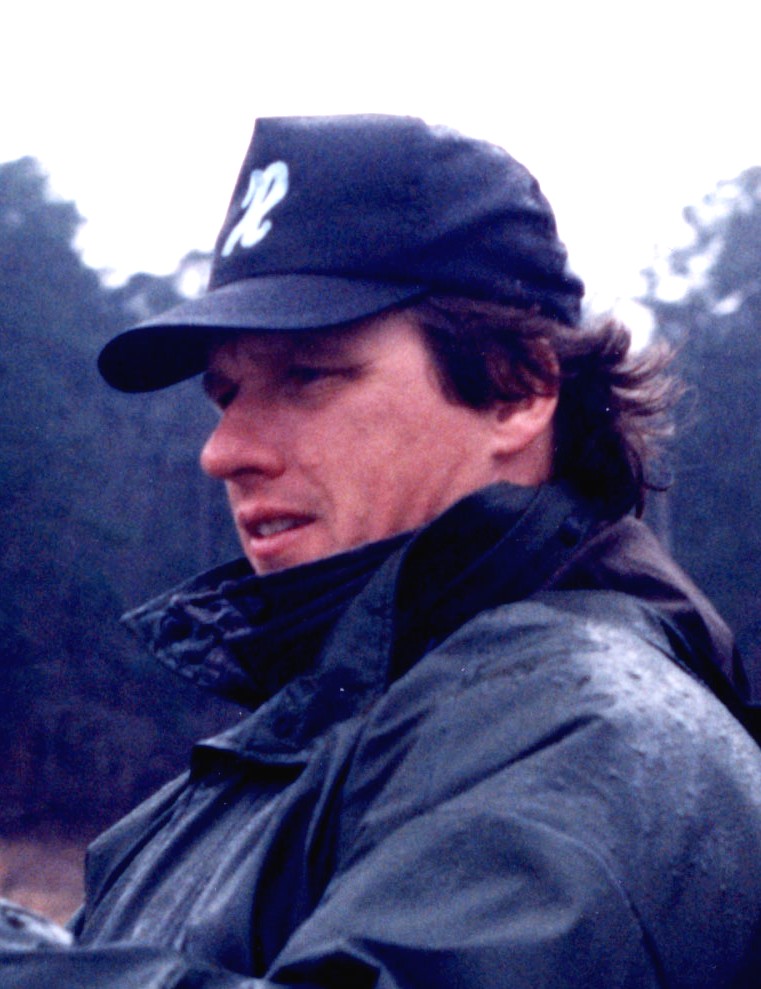Performance Psychology and Tournament Fishing: Skill level

Self-awareness
Chapter Two: Skill level
Last month, this column encouraged you to challenge yourself to improve. This month, I’m going to challenge you. Let’s see if you can answer some tough questions. For openers, how good are you, really? Where do you stack up relative to the best anglers in the circuits you fish? Do you have a comprehensive and accurate understanding of your competitive fishing strengths and weaknesses?
You probably said something like this: “good,” “pretty good” and “you bet.” And you would most likely be wrong. Interviews with top professionals like Jim Moynagh, Rick Clunn and Denny Brauer confirm what performance psychology research tells us about self-assessment: Most of the time, we overestimate our skills and capabilities. And in tournament fishing, that can bring us down.
Baseline information
No reasonable tournament fisherman would try to figure out a new lake without an accurate map. There is obvious value in understating the capabilities and limitations of one’s equipment. Nevertheless, most fishermen leave the ramp without an accurate appreciation of their own talents and limitations. A positive attitude generally provides a competitive advantage, though too much optimism can cloud your objective judgment.
Let me challenge you to generate a comprehensive list of what it takes for you to be a successful tournament angler. Using your tournament-fishing notebook, write down as many tournament-fishing variables as come to mind. Include lake information, seasonal patterns and equipment issues. Also list the various baits and presentation techniques you use or would like to learn. If you have been keeping good records, you can review the last few years and search for nuggets of information to include in your list. Give yourself time to build this personal catalog, and be inclusive.
Realistic self-evaluation
Now comes the hard part. You need to go through your list and rate your effectiveness on each of these dimensions. Use a 10-point scale, with one being miserable and 10 being expert. Before you get carried away assigning yourself big numbers, recall that Rick Clunn believes even the best tournament fishermen are only about a six!
Let’s use finding fish during the summer season as an example. Check your records for the last few years, and compare your results to those of tournament winners. (By way of reminder, you should not only write down where and how you caught your own practice and tournament fish, you should also record tournament-winning weights and the techniques that produced the heaviest bags).
With the numbers in front of you, see how you stack up. If it takes 12 pounds to make the money and you consistently have 8- to 10-pound bags, don’t kid yourself. You’ve got some work to do to find bigger fish.
The easy way out is to come up with a flimsy rationalization like, “I just needed one 4-pounder to make a check.” Well, duh, Homer! You and 20 other guys! The point is, you didn’t get a 4-pounder. If you are honest and realistic, and if you actually want to improve, you will challenge yourself to figure out where the big fish live so that, at the next tournament, you can weigh them in rather than wish for them.
Specific techniques
Look closely at your list of baits and techniques you currently use to see where you have room for skill development. Take spinnerbaiting, for example. How often do you use this technique, and how many different retrieves or applications have you learned? How efficient are you really with this lure? Is there someone in your tournament circuit or in your fishing club who is masterful with this technique and might be willing to critique how you fish a blade bait?
Just going through your inventory of spinnerbait types, colors and sizes might highlight something to improve. How about the rod-reel-line combinations you use with various types of spinnerbaits? Are some of your setups more efficient than others? What could you do to increase your effectiveness here? Go through this same process with the rest of your lures and techniques. No matter how good you think you are with a particular method, there is probably a way you could be even better. Tell yourself good isn’t good enough.
Make a plan
We will assume you have made a reasonably comprehensive list. We will also assume that, in good faith and with honest feedback from colleagues, you have accurately rated yourself. If you have been candid, you can probably see several areas to strengthen. Congratulations! You are already way ahead of most of your fellow competitors.
Now you are in position to create a plan to get better. Going back to our example of summer fish locations, what specifically do you need here? Perhaps your map is substandard. Do you fully understand your new sonar equipment? What about your GPS? These and similar questions can be answered with books, videos and in-person consultation.
However, remember that, by itself, even precisely accurate self-awareness is useless. In my book, and according to performance-psychology research, you need accurate self-appraisal as well as a specific skill-development plan in order to improve. Putting these together gives you a formula that can have a substantial and immediate, as well as cumulative, impact on your fishing success.
Jay T. McNamara, Ph.D., L.P., is a psychologist, who is also an avid bass and walleye angler. With more than 25 years of professional experience complemented by participation in competitive fishing at local and national levels, he is uniquely qualified to illustrate how performance psychology principles apply to tournament fishing.